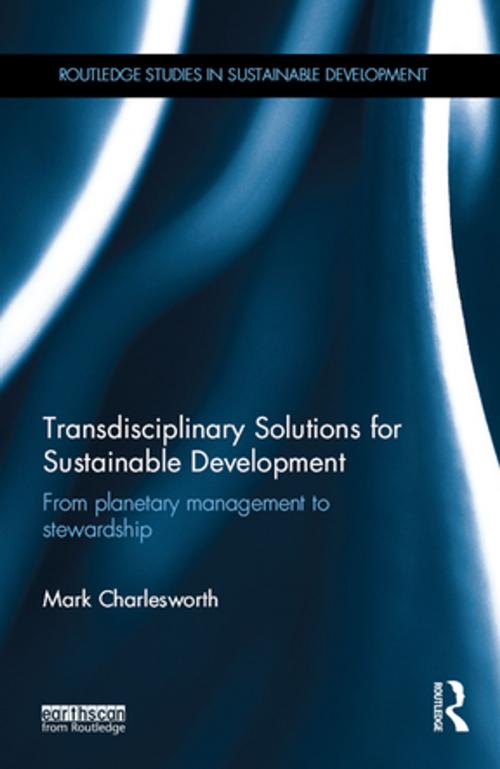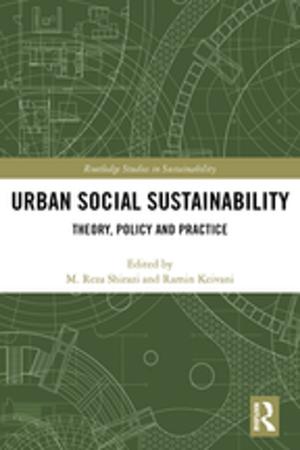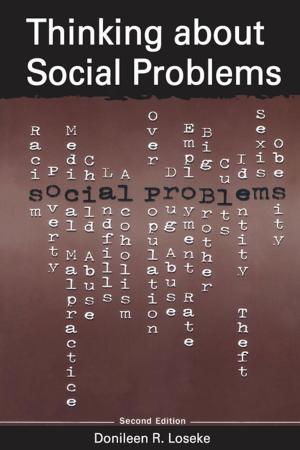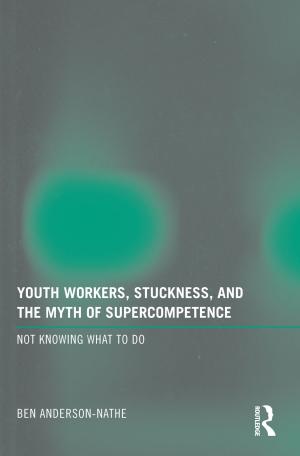Transdisciplinary Solutions for Sustainable Development
From planetary management to stewardship
Business & Finance, Economics, Sustainable Development, Nonfiction, Social & Cultural Studies, Political Science, Government, Public Policy| Author: | Mark Charlesworth | ISBN: | 9781317451273 |
| Publisher: | Taylor and Francis | Publication: | May 15, 2015 |
| Imprint: | Routledge | Language: | English |
| Author: | Mark Charlesworth |
| ISBN: | 9781317451273 |
| Publisher: | Taylor and Francis |
| Publication: | May 15, 2015 |
| Imprint: | Routledge |
| Language: | English |
Global environmental issues such as climate change and species loss are intensifying despite our best efforts to combat them. The key reason for this is that the drivers of these problems are closely linked to the industrialism and consumerism that are promoted by governments and other organizations the world over.
This innovative book identifies the key issues that block progress in sustainable development and proposes transdisciplinary solutions. Presenting a review of the epistemology and ethics of this policy field including current policy responses, it examines the ethical and policy implications from a multidisciplinary perspective. The book explains the current limitations of scientific prediction for global environmental issues and develops innovative approaches to respond to these difficulties, drawing out lessons that will make sustainable development policy more democratic, plural and open.
This book will be of great interest to students and researchers in environmental policy, development studies, politics, economics and sustainable development.
Global environmental issues such as climate change and species loss are intensifying despite our best efforts to combat them. The key reason for this is that the drivers of these problems are closely linked to the industrialism and consumerism that are promoted by governments and other organizations the world over.
This innovative book identifies the key issues that block progress in sustainable development and proposes transdisciplinary solutions. Presenting a review of the epistemology and ethics of this policy field including current policy responses, it examines the ethical and policy implications from a multidisciplinary perspective. The book explains the current limitations of scientific prediction for global environmental issues and develops innovative approaches to respond to these difficulties, drawing out lessons that will make sustainable development policy more democratic, plural and open.
This book will be of great interest to students and researchers in environmental policy, development studies, politics, economics and sustainable development.















